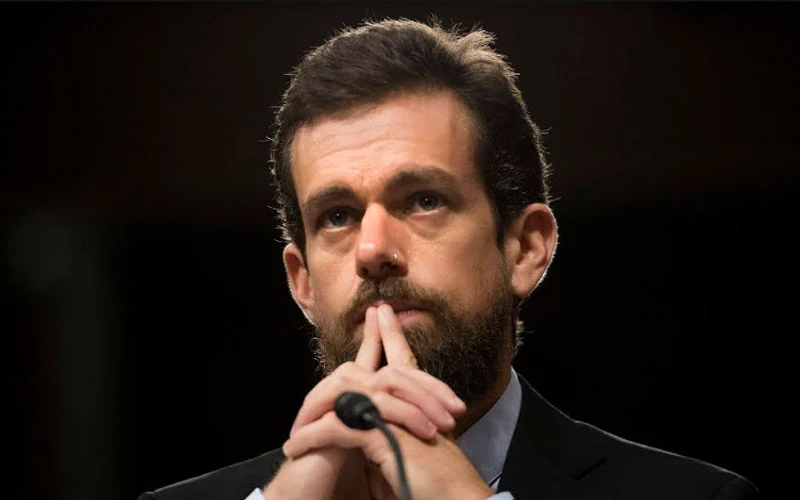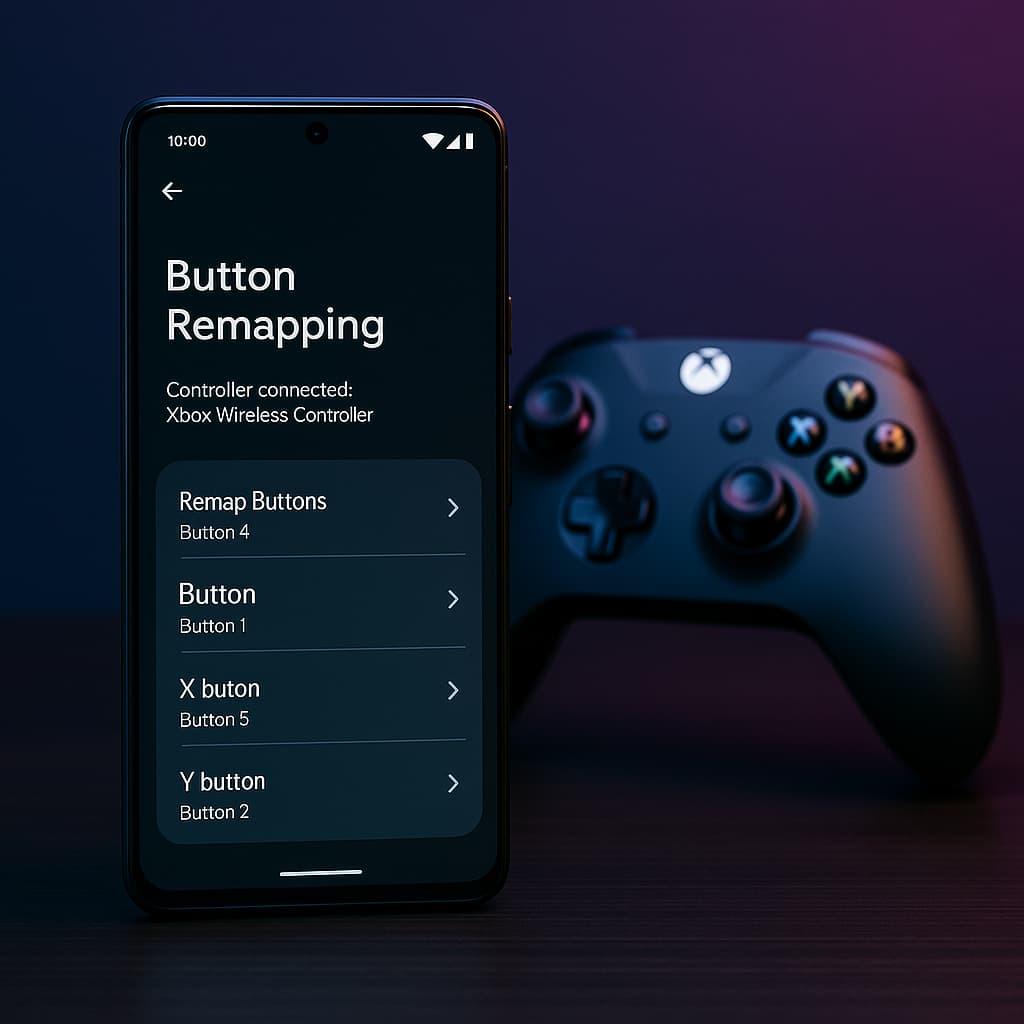Dorsey and Musk Clash with Creators Over Call to Scrap IP Laws Amid AI Copyright Wars
2025-04-14
 Tech titans spark outrage by advocating for an end to intellectual property protections as legal battles over AI training data intensify.
Tech titans spark outrage by advocating for an end to intellectual property protections as legal battles over AI training data intensify.
The Provocation
Jack Dorsey, co-founder of Twitter (now X) and fintech giant Block, ignited a firestorm on Saturday with a terse post declaring, “Delete all IP law.” Elon Musk, CEO of X and Tesla, amplified the message, replying simply: “I agree.” The exchange, which has garnered millions of views, arrives at a pivotal moment: AI firms like OpenAI, Midjourney, and Anthropic face escalating lawsuits alleging they’ve illegally scraped copyrighted books, art, and code to train their models.
The Debate: Innovation vs. Exploitation
Dorsey doubled down on his stance, arguing that today’s intellectual property (IP) frameworks serve corporate gatekeepers, not creators. “The system is rigged to enrich middlemen while artists and inventors get scraps,” he wrote, proposing decentralized models like blockchain-based royalties as alternatives. Musk’s support aligns with his longstanding disdain for patents—once calling them “for the weak”—though Tesla has still weaponized patents defensively.
Critics were swift to counter. Ed Newton-Rex, CEO of Fairly Trained (a nonprofit certifying ethically trained AI), blasted the duo: “Abolishing IP laws isn’t radical—it’s reckless. This dismisses the labor of millions of creators to benefit tech monopolies.” The pushback echoes broader tensions in creative industries; authors like Sarah Silverman and George R.R. Martin are currently suing OpenAI for copyright infringement.
AI’s Legal Quagmire
The controversy underscores a existential question: Who owns creativity in the age of AI? Training models on copyrighted works without consent or compensation has become standard practice, defended by AI firms under “fair use.” But courts are divided. Recent rulings, like the Thaler v. U.S. Copyright Office case denying AI-generated art copyrights, highlight the system’s strain.
Tech investor Chris Messina framed strict IP enforcement as a losing battle: “Criminalizing AI training data is like the war on drugs—it won’t stop progress, just push it underground.” Yet artists argue this analogy dismisses their livelihoods. “AI copies our voices, styles, and lifeworks. Eroding IP protections legitimizes theft,” tweeted illustrator Karla Ortiz, a plaintiff in a class-action suit against Stability AI.
Broader Implication
Open Source vs. Ownership: Dorsey’s advocacy mirrors his work on decentralized platforms like Bluesky (which he later distanced from). Musk, meanwhile, open-sourced X’s algorithm in 2023—a move critics called performative amid X’s own copyright enforcement policies.
Corporate Hypocrisy: While Musk and Dorsey champion a post-IP world, their companies still rely on patents and DMCA takedowns. Tesla holds over 3,000 patents, and X routinely removes content for copyright violations.
Policy Crossroads: The EU’s AI Act and U.S. Senate hearings on AI ethics signal governments are scrambling to modernize IP frameworks. Dorsey’s “nuclear option” reflects Silicon Valley’s impatience with regulatory gridlock.
The Road Ahead
As lawsuits mount, the tech and creative camps grow more polarized. “This isn’t just about royalty checks,” said Newton-Rex. “It’s about whether human creativity has value in a world of infinite, AI-generated content.” With AI tools poised to dominate industries from music to coding, the battle over IP law may decide who—or what—gets to profit from the future of innovation.
Recommended Articles

Android 17 Leak Hints at a Gaming Game-Changer: Native Controller Remapping
2025-11-15
New evidence in the latest Android 17 Canary build suggests Google is finally adding system-level controller remapping — a feature that could reshape mobile and cloud gaming.

Uh Oh! GPT-5 Getting 'Horrible' Reviews
2025-08-14
OpenAI's GPT-5 rollout has sparked a wave of backlash, with ChatGPT Plus users calling the new model slower, less accurate, and more restrictive than its predecessors.

OpenAI and Google DeepMind Claim AI Gold at Math Olympiad - Then Clash Over Validation
2025-07-22
Both AI giants scored gold-medal results at the International Math Olympiad, but a dispute over announcement protocols reveals the intense competition for AI supremacy.